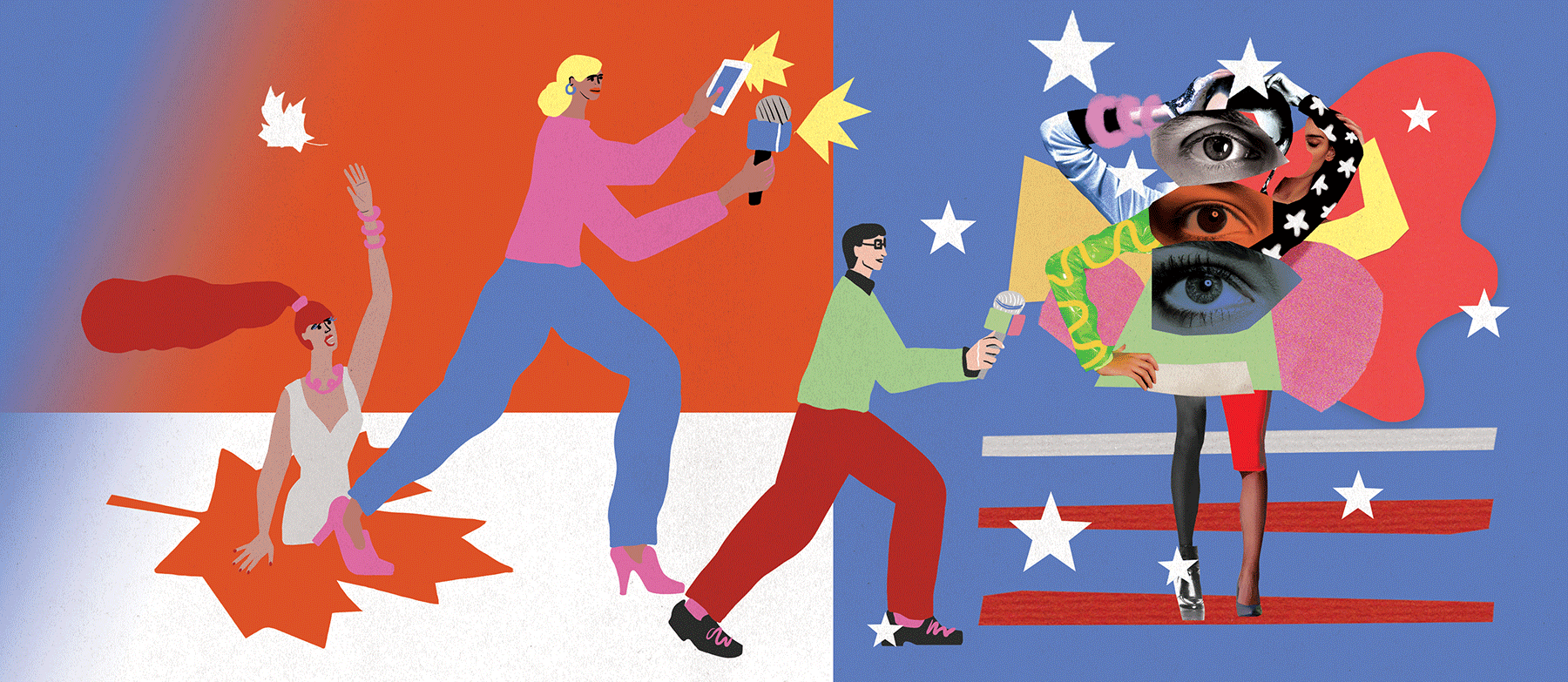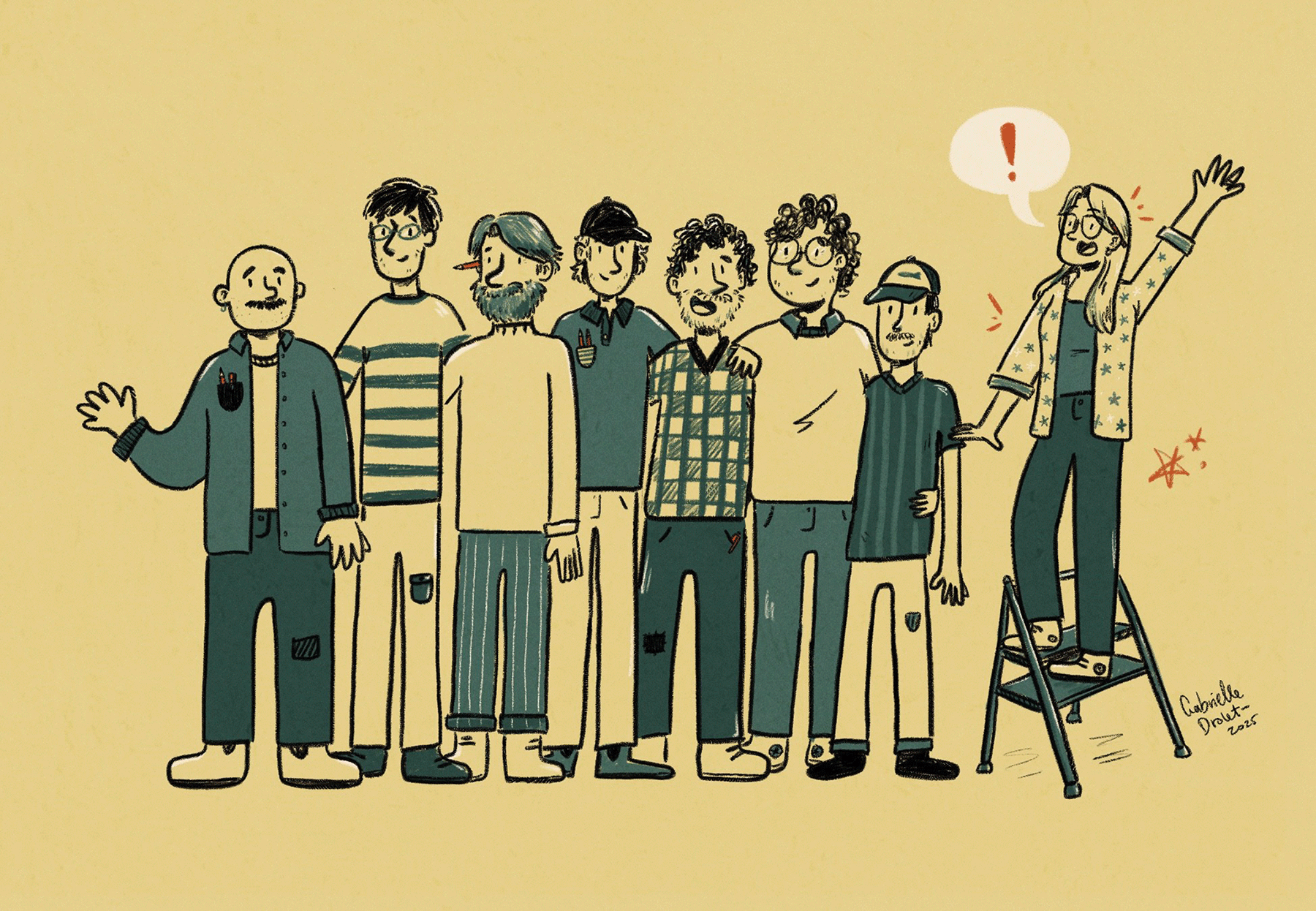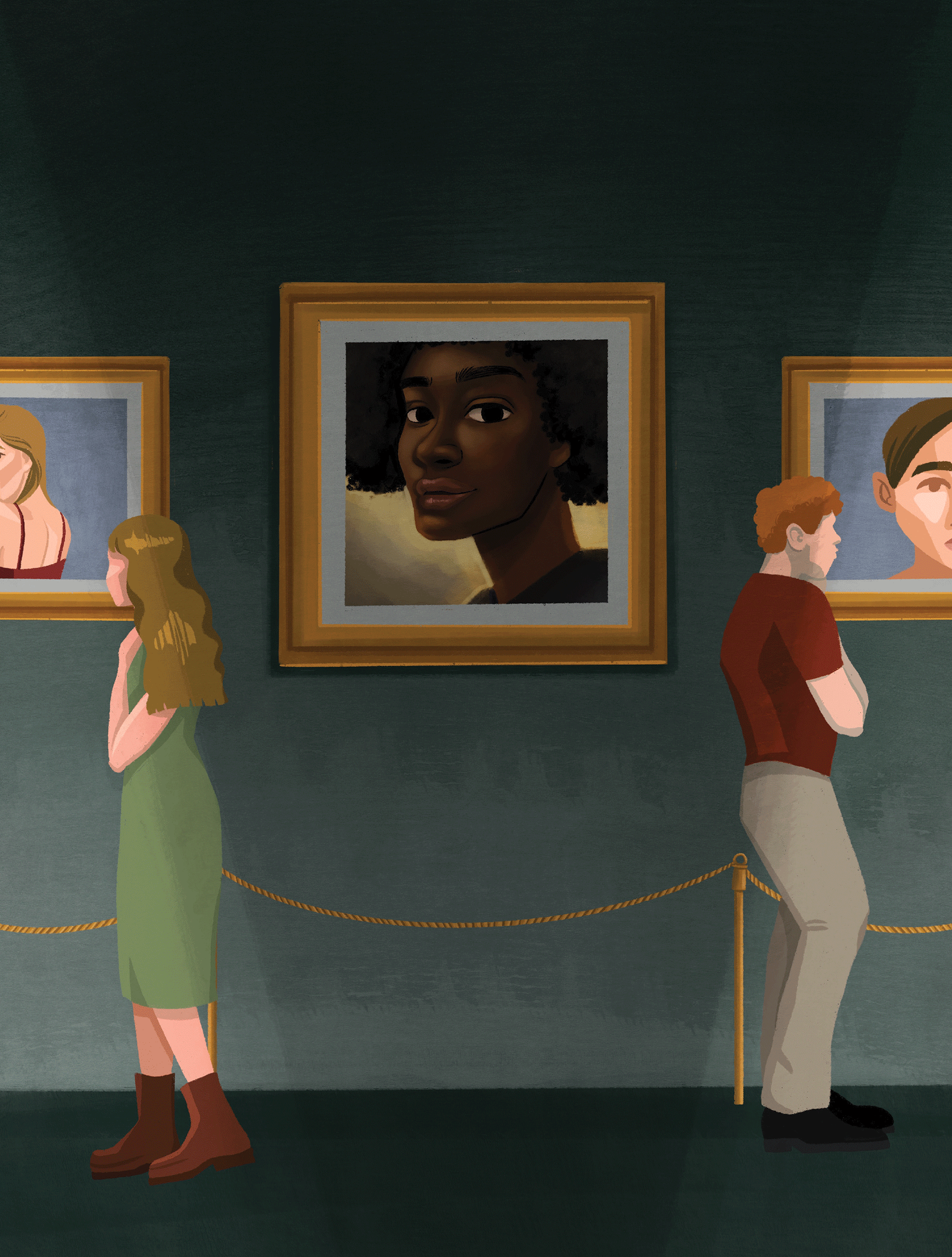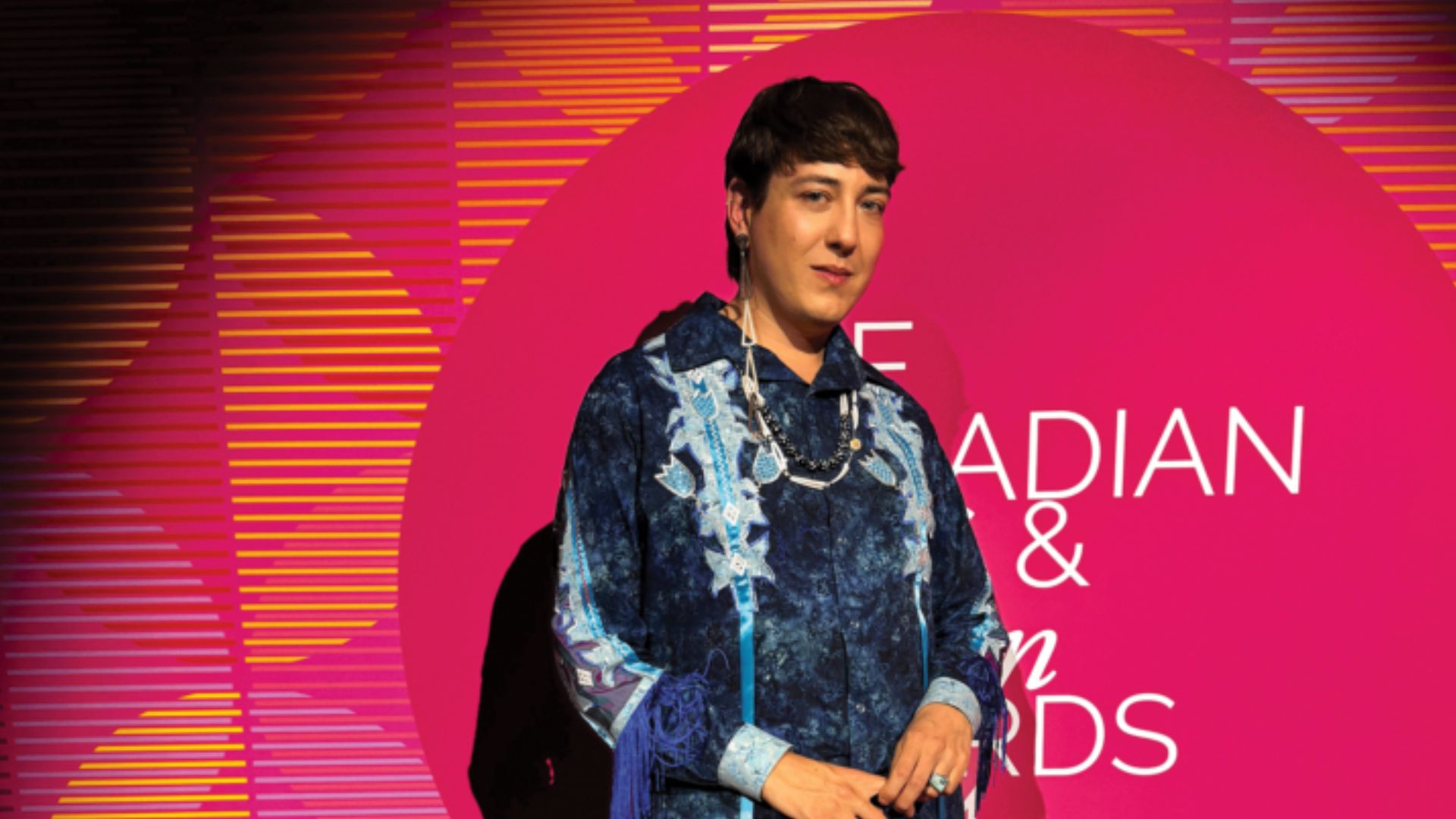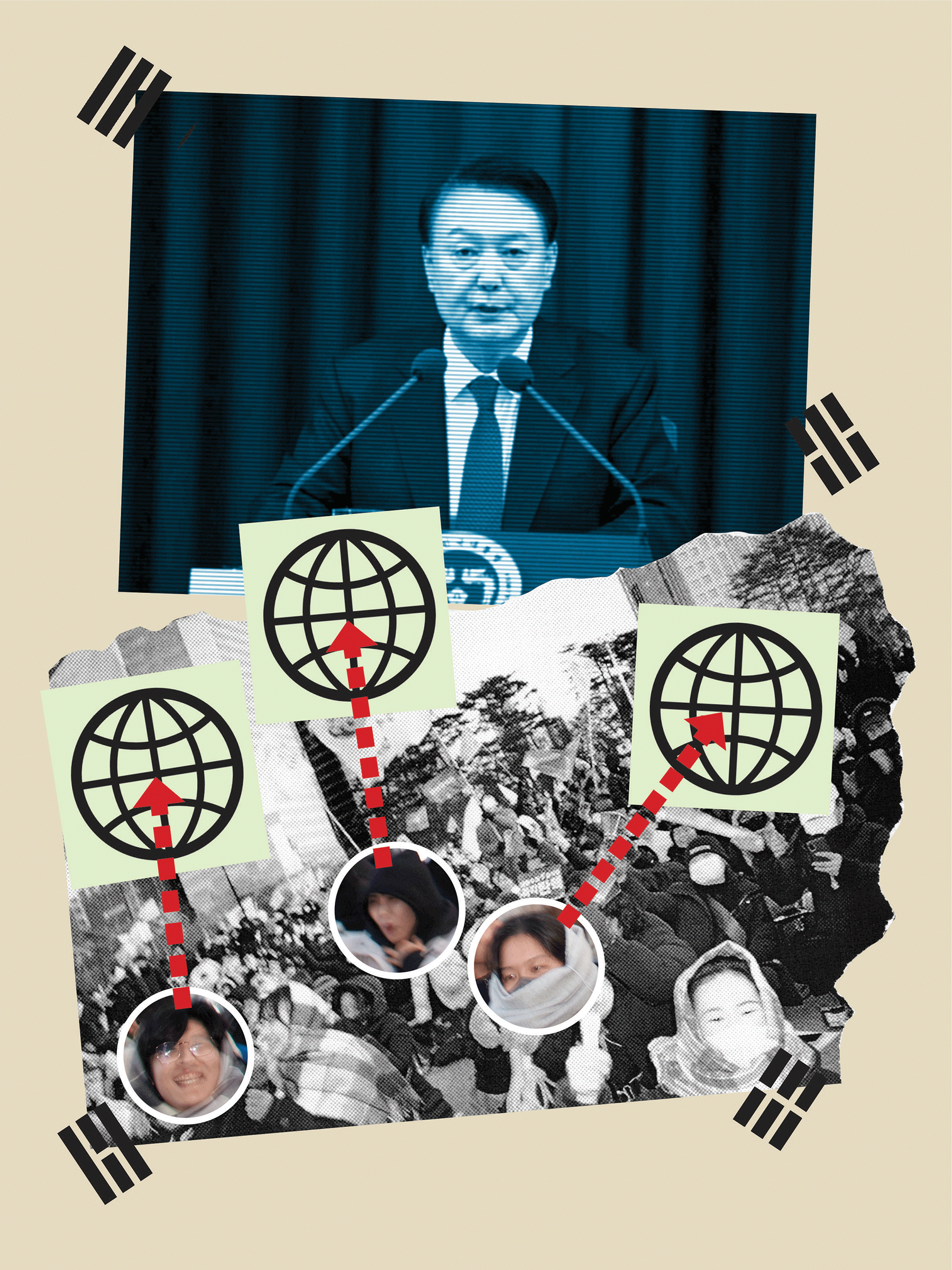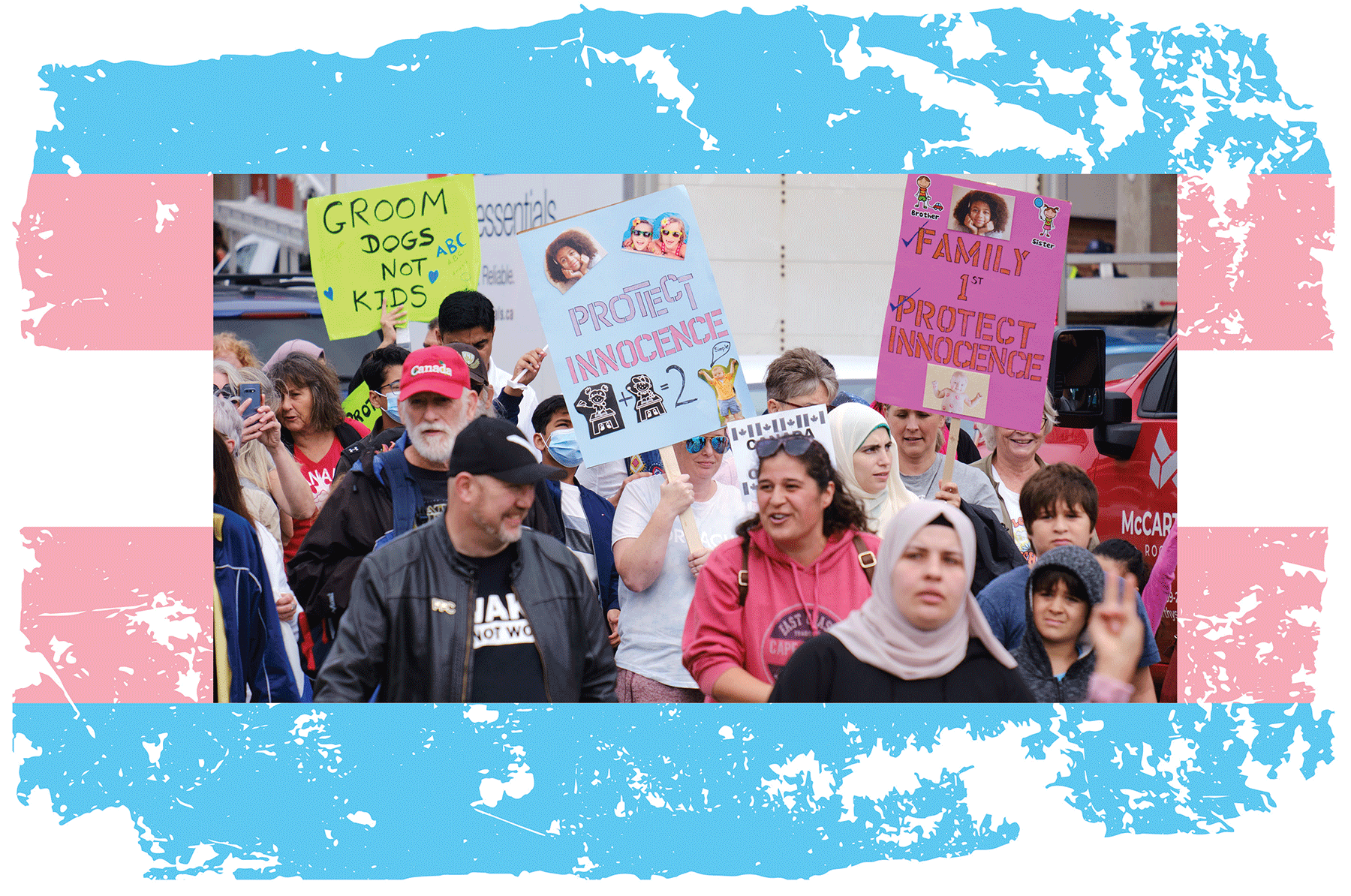The New Newsroom
From May to August 2024, Canadaland had two keen fellows, Mia Johnson and Leora Schertzer, who wrote stories for its flagship show, also Canadaland. Most mornings, they were at the office at nine in the morning—hours before podcast host Noor Azrieh arrived—and they would be the last to leave. Nobody showed up to the office that early, other than founder Jesse Brown. The fellows frequently engaged in meetings and talked about the news. The stories they produced on their own usually took a team of three to four people to accomplish, according to Azrieh. Johnson made an episode called “The Painful Truth about IUDs,” while Schertzer created “Waste Management: Sh*t’s Complicated.”
